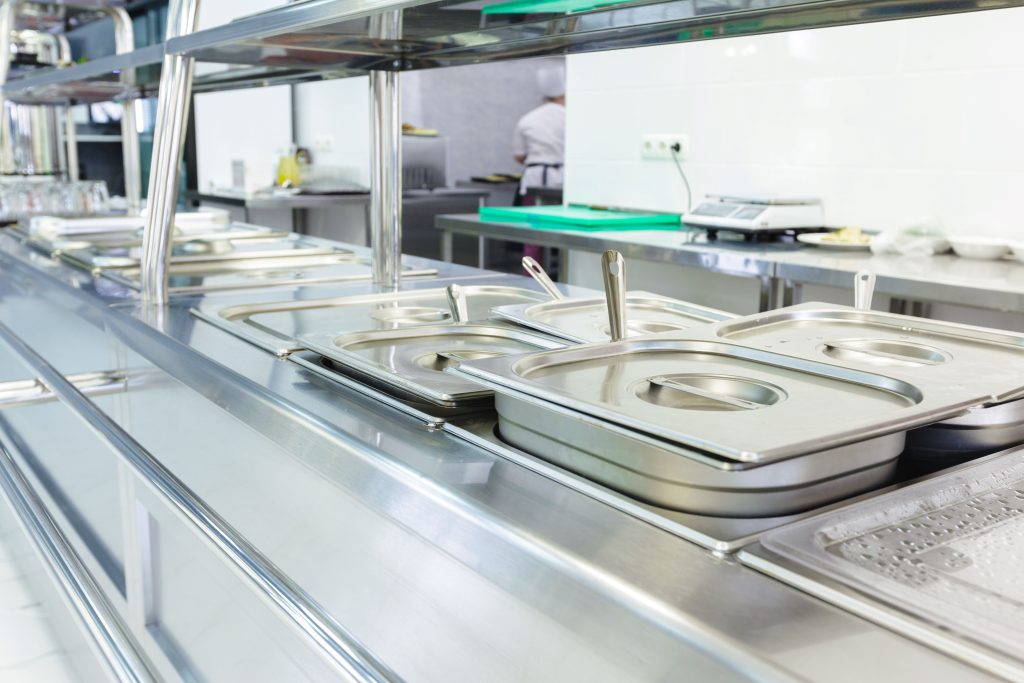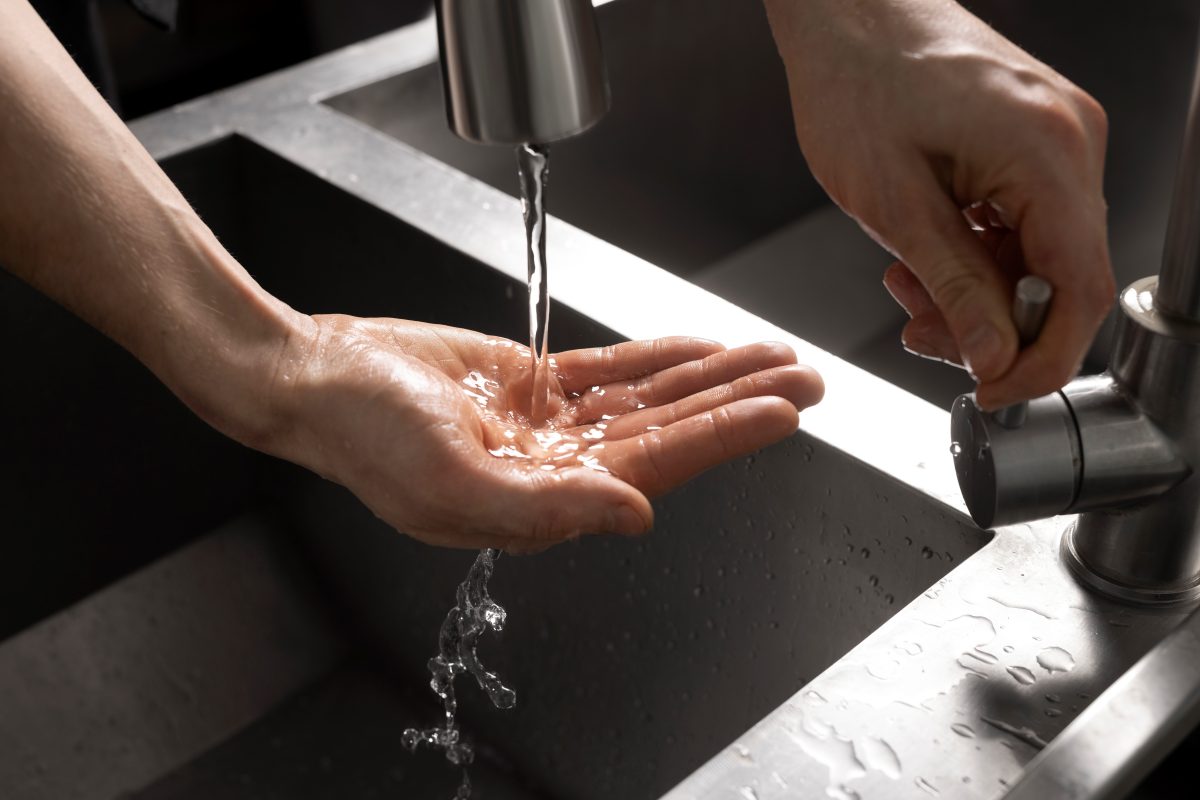Stainless steel tables are important for maintaining a clean and hygienic environment in commercial kitchens. Their surfaces are durable and non-porous, which makes them resistant to bacteria and other contaminants that can cause foodborne illnesses. By investing in stainless steel tables, commercial kitchens can ensure that they serve safe and high-quality food to their customers. In this article, we will discuss how stainless steel tables help in creating a hygienic area for food preparation.
Key Advantages of Stainless Steel Tables for Hygienic Food Preparation
- Non-Porous Surface: Stainless steel tables feature a non-porous surface, which means they are resistant to bacteria and germs. Unlike other materials, such as wood or plastic, stainless steel doesn’t harbor microbes. This makes it easier to maintain cleanliness and reduces the risk of food contamination.
- Easy to Clean: Stainless steel tables are incredibly easy to clean, requiring minimal effort to maintain their hygienic properties. A simple wipe-down with a disinfectant is often sufficient to remove any residues or spills, ensuring a sanitary work surface for food preparation.
- Durability: Stainless steel tables are known for their durability and robustness. They can withstand heavy use and are resistant to corrosion, scratches, and dents. This longevity ensures that the tables remain in excellent condition, reducing the need for frequent replacements and minimizing potential sources of contamination.

Additional benefits of using stainless steel tables
- Compliance with Regulations: Commercial kitchens are subject to strict regulations regarding hygiene and food safety. Stainless steel tables help businesses comply with these regulations by providing a hygienic surface for food preparation. Using stainless steel tables demonstrates a commitment to maintaining high standards of cleanliness and safety in the kitchen.
- Versatility: Stainless steel tables come in a variety of sizes and configurations, making them suitable for different kitchen layouts and requirements. Whether used for food preparation, assembly, or storage, stainless steel tables offer versatility and functionality, enhancing the efficiency of kitchen operations while maintaining hygiene standards.
In conclusion, stainless steel tables play a crucial role in creating a hygienic food preparation area in commercial kitchens. Their non-porous surface, ease of cleaning, durability, compliance with regulations, and versatility make them an indispensable asset for ensuring food safety and maintaining high standards of hygiene in the kitchen. Investing in stainless steel tables is not just a practical choice; it’s a commitment to the health and well-being of customers and employees alike.
